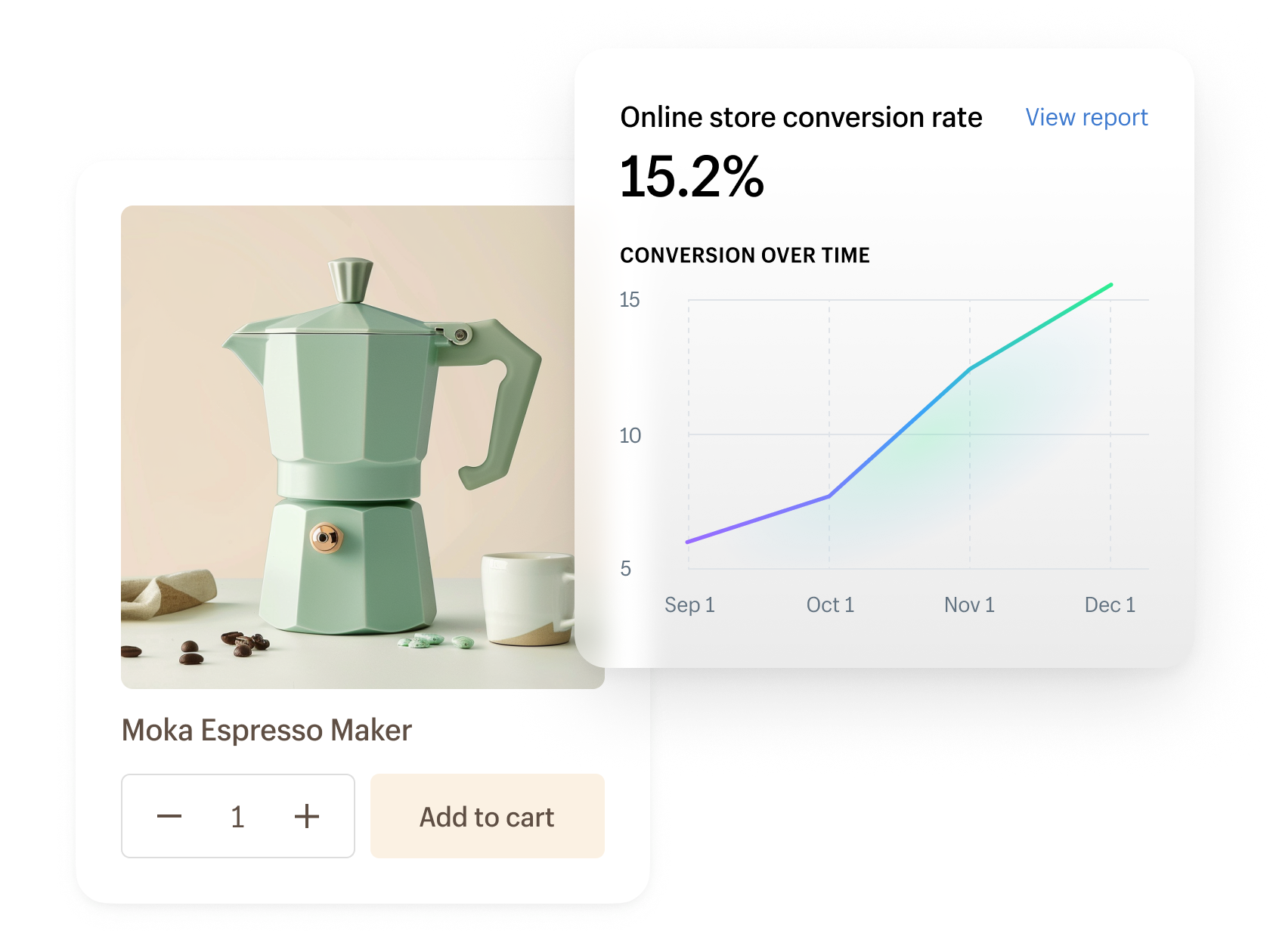Compare Shopify
Millions of merchants choose Shopify
Between conversion, growth, and a sole focus on commerce, Shopify helps businesses of all sizes start, scale, and succeed.

15% higher average conversion
Turn visitors into customers with the world's best converting checkout.
91% higher mobile conversion
Shop Pay greatly lifts mobile conversion compared to standard checkout.
99.9% uptime
Keep your store connected with Shopify’s global infrastructure.
150M+ buyers on the Shop app
Tap into a massive network of shoppers and instantly grow your brand presence.
platform comparisons
Compare every platform, every way
With more sales channels, payment providers, and features than other platforms, there’s a lot that makes Shopify different. Compare platforms to see if it’s right for you.

ecommerce

ecommerce

ecommerce
retail

ecommerce

ecommerce
enterprise

ecommerce

ecommerce

ecommerce

ecommerce

Migrate quickly
Moving to Shopify often takes less time than migrating to other platforms.
Why Shopify
Shopify has it all, so you can do it all
Whether you’re starting from scratch or looking to switch, Shopify’s all-in-one commerce operating system makes it easy to build, grow, and run your business.

Powerful tools built to sell
Get the world's best converting checkout
Shopify's checkout lifts conversion by 15% on average, and it's built into every store. Pack it with features customers love like express checkout, discounts, gift cards, local delivery, and in-store pickup.
A smarter way to sell in person
Accept in person payments quickly and easily with Shopify Point of Sale. Track your whole business with real-time data from both online and retail sales.
Know and grow your audience
Make your marketing go further
Reach your brand’s ideal shoppers with online marketing tools, email support, and analytics all in one place. Give customers more reason to purchase with loyalty programs, and turn followers into buyers with social selling tools.
Sell everywhere people shop
Reach millions of potential buyers beyond your online store. Use sales channel integrations to sell on TikTok, Instagram, Etsy, Amazon, and more—all from Shopify.


Boost your performance
Streamline your SEO
Make your store easy to find with SEO tools and step-by-step guidance, and accelerate your site speed to give your brand a competitive edge. Even a one-second improvement can boost mobile conversion by up to 27%.
See how your speed stacks up
Faster site speed impacts everything—from revenue to operations. Measure your existing site’s performance to see how it could affect your sales and how it compares to others.
Take control of what matters
Build your store, your way
Create a store as unique as your brand. Start with a proven theme that’s optimized for selling, or build something custom. The choice is yours.
Simplify your back office
One fully integrated back office keeps your online and in-store data connected, so every order and operation is in sync.

Countless stories, endless success

The great thing about Shopify is that it was very easy to take a webshop to market in a matter of hours - not weeks.
Competitive Pricing
Solutions for businesses of all sizes
Shopify can help your business sell more and grow faster with plans from just $5/month. Start your free trial and enjoy ₹20/month on select plans.
Online-first plans
Find a solution for selling everywhere, backed by the world's best checkout.
Enterprise solutions
Future-proof your business on the world’s most powerful commerce platform.
Get the help you need to get started
Ask the community
Get answers from 900,000+ Shopify merchants and partners.
Get 24/7 support
Get help along the way, whether you're adding features or growing like crazy.
Hire a Shopify partner
Work with Shopify Partners to help solve your biggest challenges.
Everything you need to sell, all in one place
Get all the tools you need to start, run, and grow your business. For enterprise merchants, contact our sales team.











